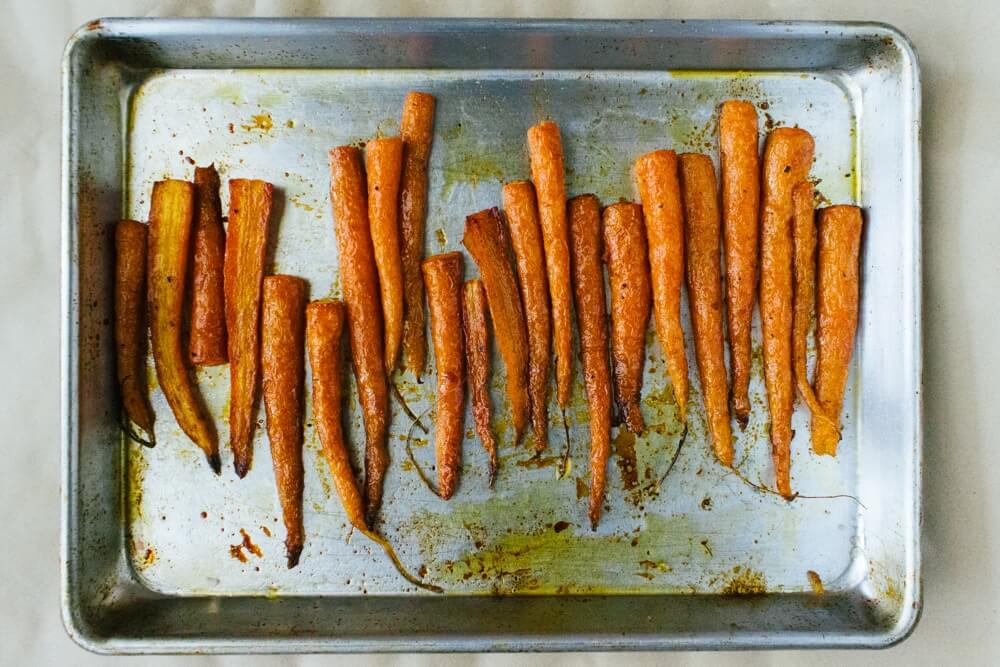“Don’t you want to finish that?”
Jess Glass on struggling with an eating disorder at Christmas…
Food is now synonymous with Christmas and the entire festive period – the sheer quantity and constant reminders to stuff our faces are enough to make anyone feel unwell. However, there’s a unique challenge in Christmas for many students, like me, who have eating disorders.
Going home for Christmas often feels like carrying a calorie-laden gauntlet, with any routines for eating safely disappearing in the festive rush. Surviving with an eating disorder is a long daily struggle of routine, measuring intake and indescribable terror. Christmas ruins the routine and simply exacerbates the terror. From calorie-counting every single brussel sprout, to resisting the multitude of urges that come with the illness whilst trying keeping your relatives happy, the holidays can be exhausting.
To skimp on your Christmas dinner is seen as the height of rudeness in my house. Being ‘the fat one’ in a skinny family further adds to the parallel of expectations and desires that I battle with while most people simply enjoy their pigs in blankets. Having a supportive family is key to surviving the season, but that is far rarer than you would hope. Faced with a family that do not believe that fat people can get eating disorders (yes, they can and do) or think that an eating disorder is a good thing for my waistline, relapses are common.
Once the last piece of turkey has been stuffed into a sandwich, you would expect there to be respite on the food discussion. However, when bloated bellies hit the sofas and armchairs, talks of diets begin. The new year does not provide any respite until February, when the last of the New Year’s resolutions die their suited death. Then, it is finally time to recalibrate and attempt recovery once more.
There’s a pervasive notion that there is only one type of person who suffers from an eating disorder, typically skinny women. For the rest of us, eating disorders are not seen as problems, in fact, they are often seen as solutions – that is until it is often too late. Last Christmas, I relapsed and my doctor applauded. It is a great battle to be taken seriously, let alone to try and recover from during such a hectic time.
During the next festive season, please try to bear in mind the struggle that Christmas can bring, and perhaps don’t talk about your newest diet constantly – or just be aware of who you’re discussing it in front of. For those surviving, we’re just glad this only happens once a year.

Comments